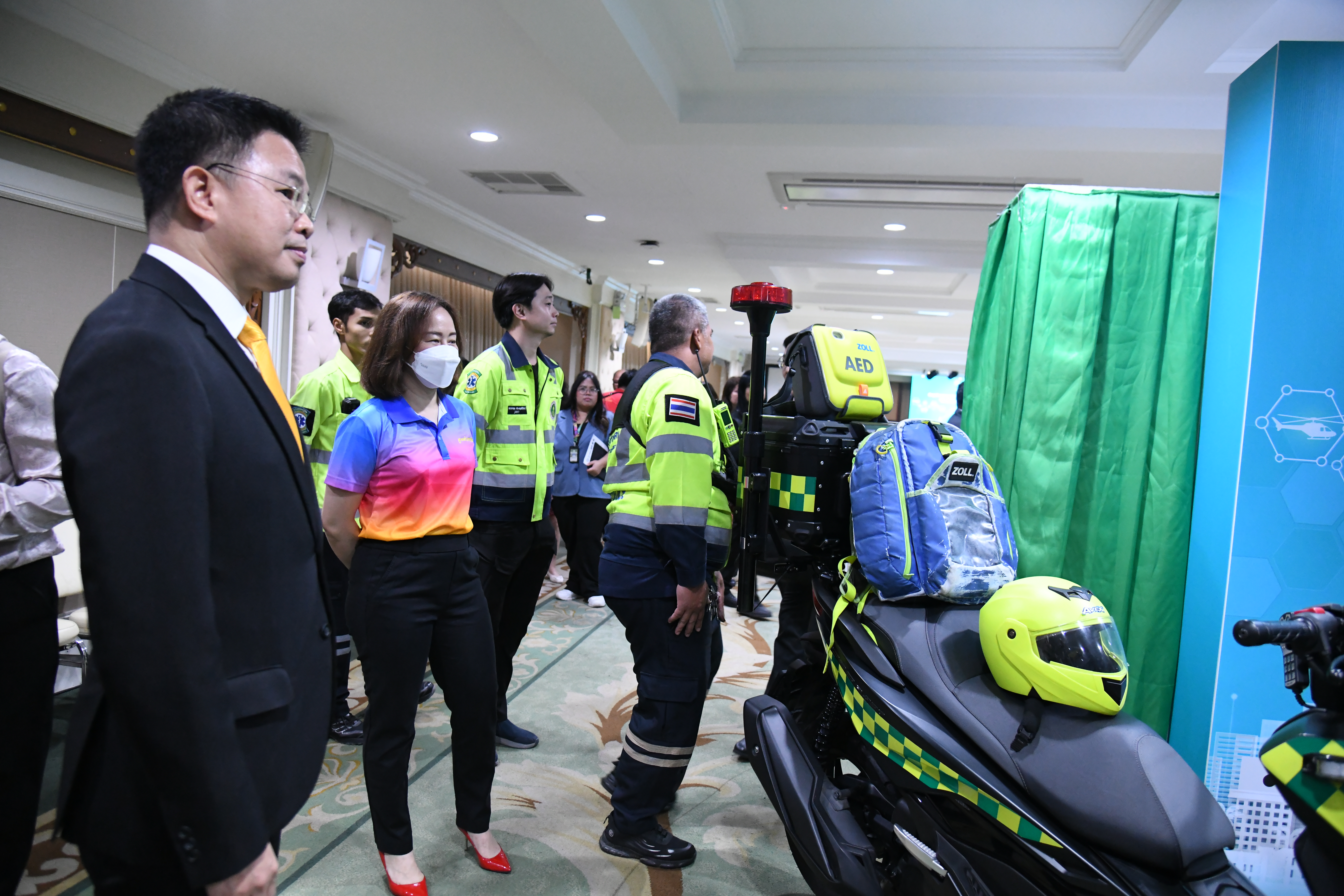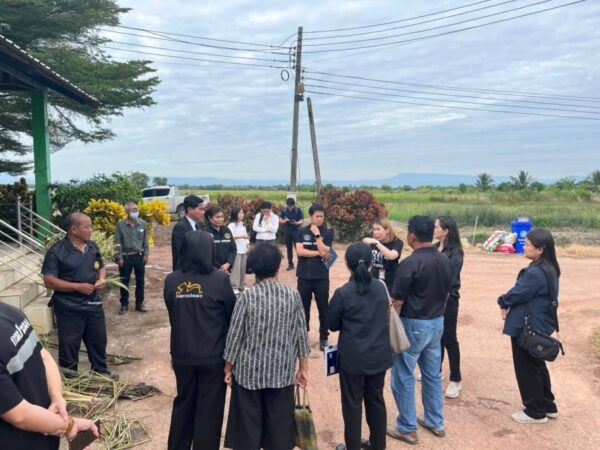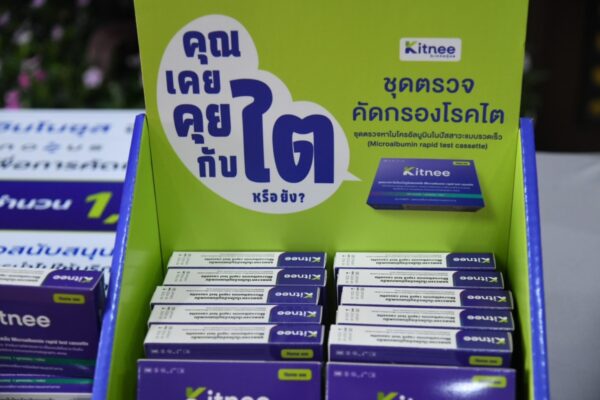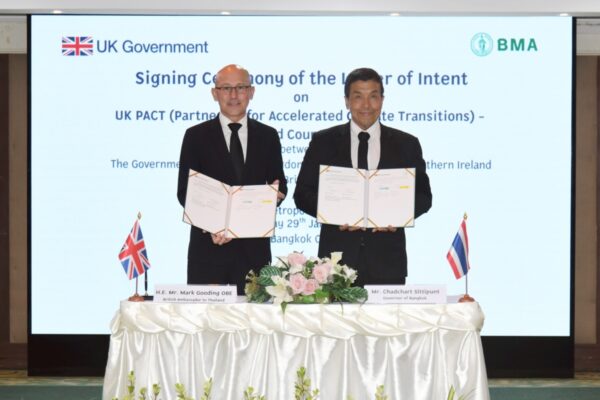(February 4, 2025) Speaking at a press conference at Bangkok City Hall (Sao Ching Cha), Deputy Governor Assoc. Prof. Tavida Kamolvej, along with Dr. Phichet Nongchang, Deputy Secretary General of the National Institute for Emergency Medicine (NIEM), and Dr. Sunthorn Sunthornchart, Deputy Permanent Secretary for the BMA, stated that this will be the first time Bangkok hosts the National Emergency Medical Academic Conference and emphasised the unique challenges faced by Bangkok’s emergency medical system. The three-day event, taking place from 13th to 15th March at the Miracle Grand Convention Hotel in Laksi, marks the ninth iteration of conference and represents a significant milestone for local emergency medical services in Thailand.
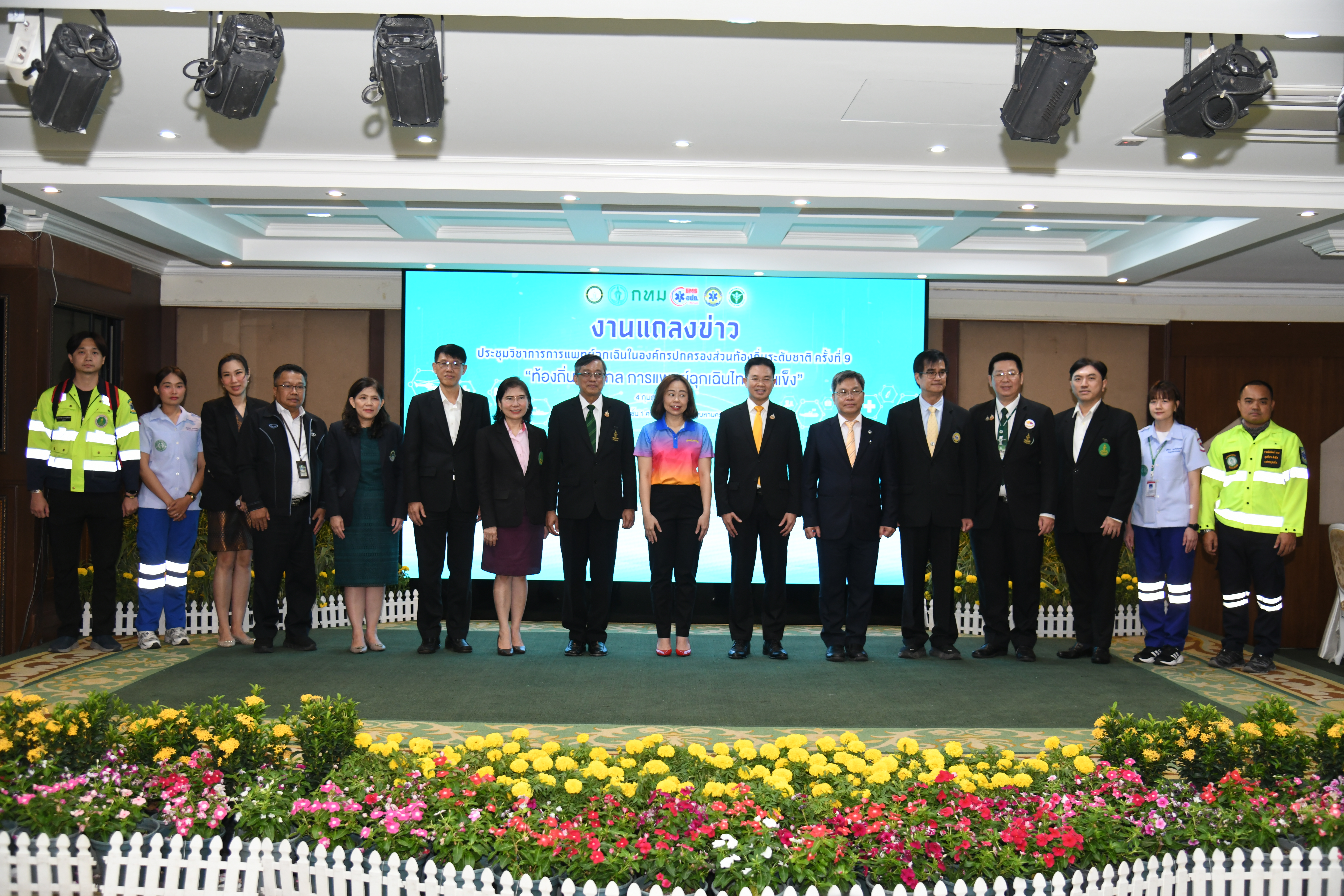
“Given Bangkok’s complexity, we aim to ensure our emergency medical system can respond to public needs swiftly and efficiently. This platform will enable us to exchange ideas, innovations, and address limitations whilst connecting with the broader emergency medical network,” she said.
The capital currently operates approximately 300 advanced emergency medical vehicles daily, supplemented by 250-300 basic emergency units, totalling roughly 1,100 vehicles. The BMA coordinates with eight different foundations to manage these services and can request support from neighbouring provinces when needed.
Dr. Phichet Nongchang, Deputy Secretary General of the National Institute for Emergency Medicine (NIEM), highlighted the significance of maintaining high standards in emergency response, enhancing personnel capacity, and Transferring emergency medical knowledge to local governments.
“Thailand is one of the top five most attractive tourist destinations in the world, and it is also a city that attracts foreign investment. Therefore, the safety of life is crucial to the country’s economy and tourism. The emergency medical system is another way to boost the country’s economy,” he noted.
NIEM has established an eight-minute response time target for emergency services to reach incident scenes. The organisation emphasises the importance of public education in basic life support, including CPR training.
The conference will showcase various initiatives, including:
• Academic presentations and special lectures
• Emergency medicine innovation exhibitions
• Skills training through simulated scenarios
• The BMA’s emergency medical operations, featuring:
Integration of rescue and disaster relief efforts
Development of the BKK Risk Map
Motorlance (emergency medical motorcycle unit)
Expansion of emergency ambulance parking locations
Installation of AEDs in public spaces
Community-wide basic life support training
The event aims to strengthen Thailand’s emergency medical network whilst providing a platform for knowledge exchange among local administrative organisations. It aligns with Bangkok’s “9 guiding policies, 9 good “, specifically addressing the “good health” dimension.
Dr. Sunthorn Sunthornchart, Deputy Permanent Secretary for the BMA added that Bangkok is pleased and ready to welcome more than 1,200 emergency medical personnel, academics, and interested members of the public who will participate in this academic conference, focusing on the emergency medical dimension of all 77 provinces’ local administrative organisations. He expressed his hope that everyone will have a memorable experience and gain new knowledge that Bangkok is ready to provide through this academic conference.
The gathering will also address crucial operational aspects, including equipment procurement standards, personnel management, and welfare allocation to ensure optimal service delivery in emergency medicine across the country.
This landmark event represents a significant step forward in Thailand’s commitment to enhancing its emergency medical services, particularly in managing the unique challenges faced by its capital city.

